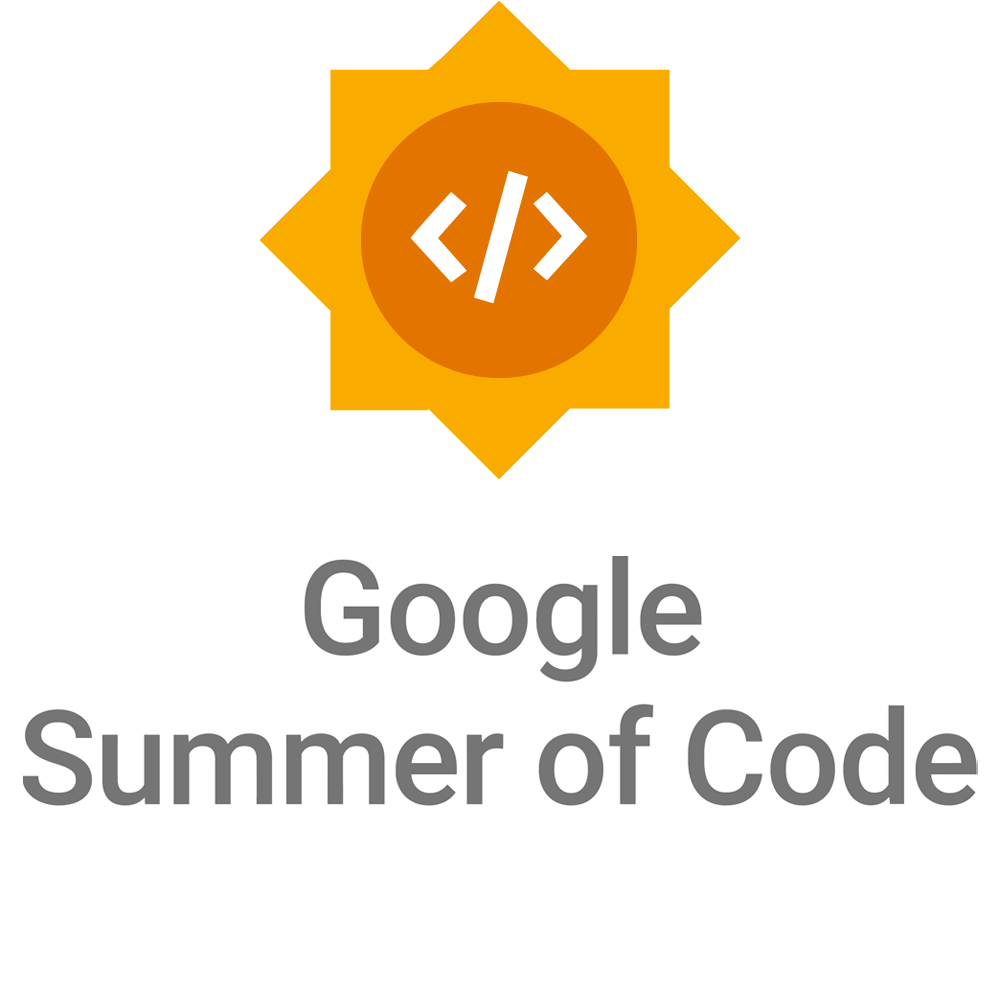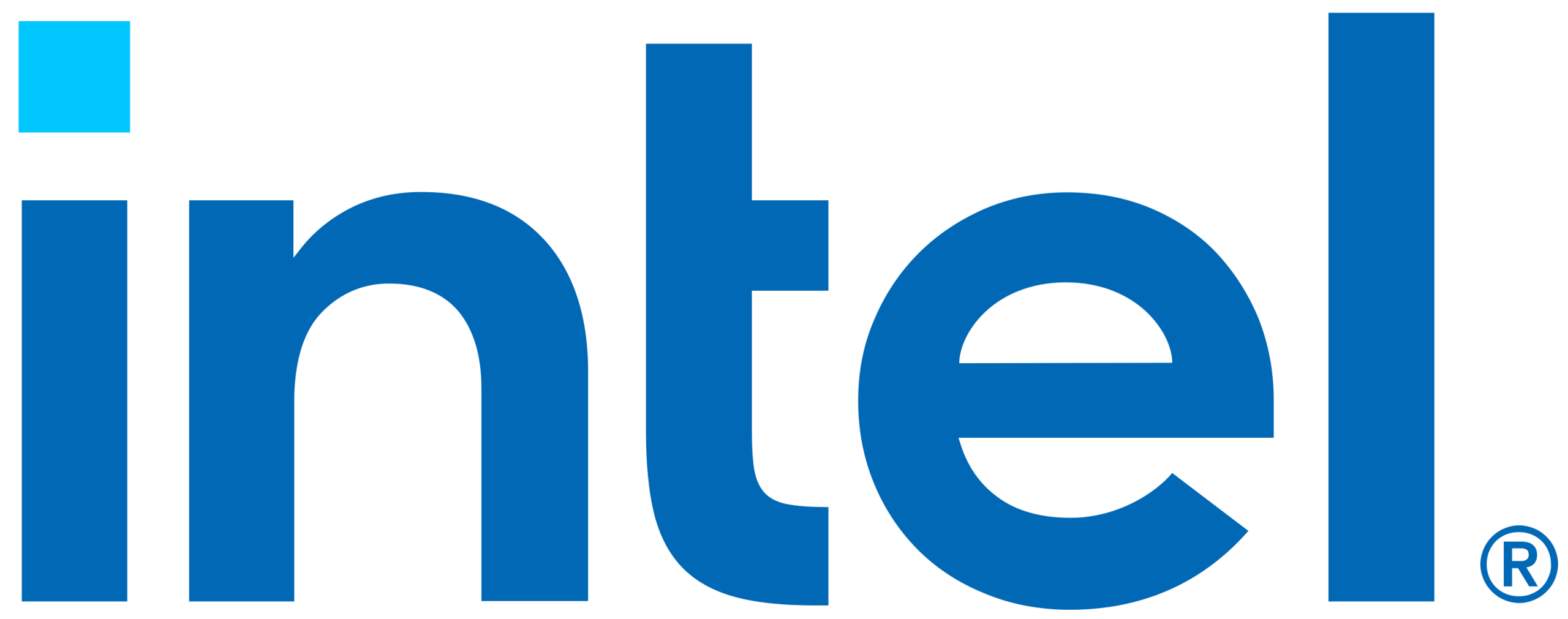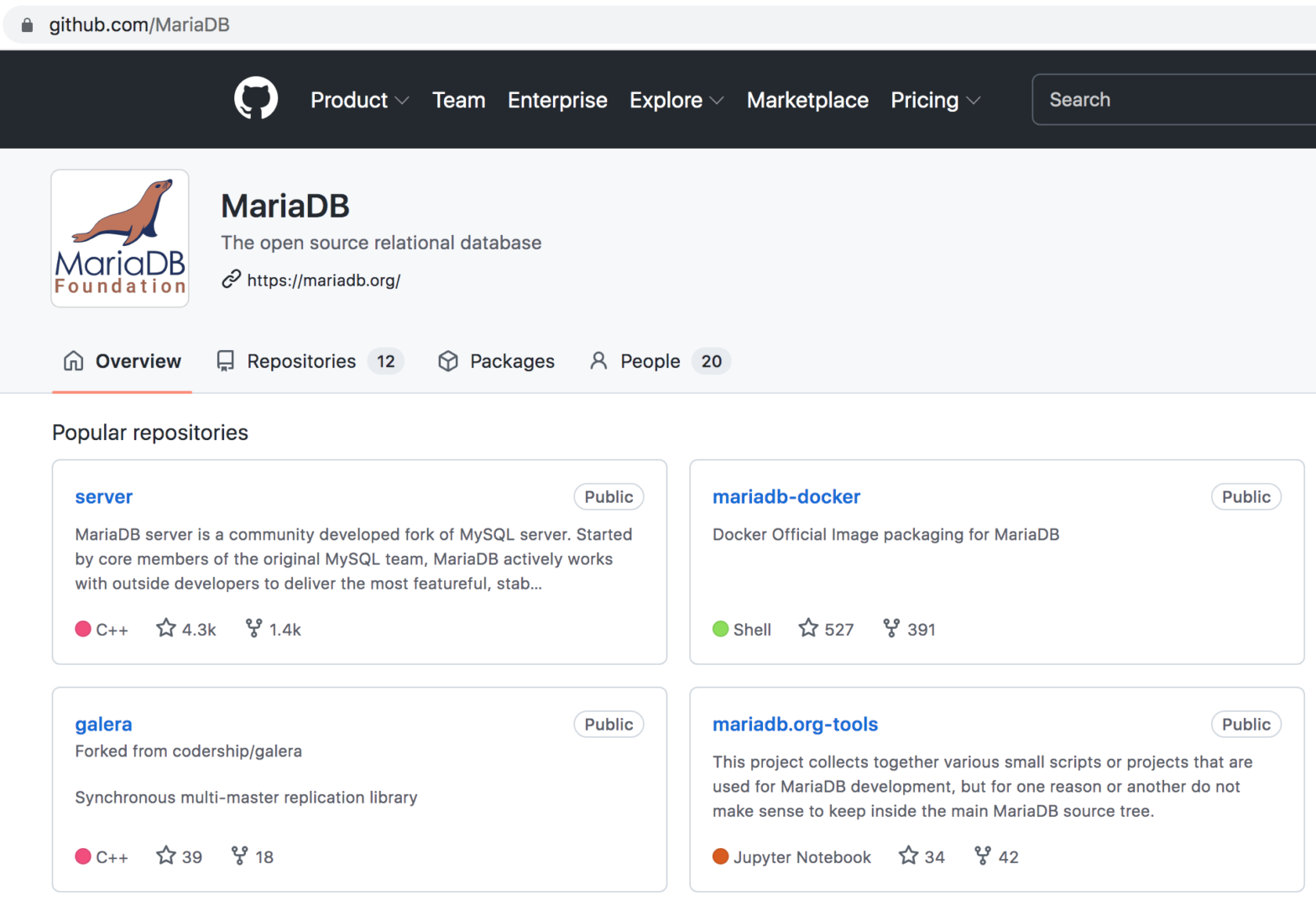Tag Archives: contributions
We are in October, which means it has been 4 months since the last metrics report. It is, therefore, time for another quarterly metrics report (plus a bit more). The extra month was to allow for an announcement which is a prerequisite for this post, and it also means we are more or less aligned to real quarters. The major changes to this will come in the second half of this post, we have lots of additional data for pull requests. With that, let’s get started.
(more…) …
Continue reading “MariaDB Contribution Statistics, October 2023”
The Google Summer of Code is a fantastic program that pairs new contributors up with mentors and pays them to work on open source projects.
MariaDB has been part of Google Summer of Code for 10 years and we are happy to announce that we are officially part of the program this year, too!
Traditionally, GSoC has only been open to university students, but now it is available to anyone! I’m a big fan of this, because talented people who do not have the opportunity to go to university can get involved. It also benefits those who are working towards a change into a career in software development.
…
I’ve mentioned in past blog posts that not every contribution is a code contribution. There are many possible contributions that are valuable, including testing, bug reports, helping the community, etc.
Non-code contributions are quite invisible
Unfortunately, non-code contributions are sometimes invisible to the wider community, so today I wanted to shine a light on some such contributions. In this case, contributions made by one of our sponsors, Intel.
Intel is open source friendly
Intel have been an open source friendly company for a long time. But have recently pushed harder than ever towards open source, even giving their first ever new Innovation Award to Linus Torvalds.
…
Last month we provided contributor statistics for the last few years. We have had some fantastic feedback from this so today we are presenting you with another drop of contributor statistics for the last month. Normally we would be doing these quarterly but there are so many extra things to report that we decided to do a bonus one now.
Some key things have happened in the last month which affect the data, the first is that MariaDB 10.11 has had a preview release. Which means there has been a flurry of activity around this.
…
In the last meeting, the MariaDB Foundation Board proposed the regular publishing of contribution statistics. This post is an update on our progress and the first report.
(more…) …
Would you like to contribute to the MariaDB Server code base, its feature set, its quality? Here’s what you can do to help – in other words, here’s our Contribution Wish List
Scratching your own itch
The assumption around code contributions is usually that the code contributor extends the product in a direction that corresponds to the contributor’s own needs, which in turn are close to the needs of other users. “Scratching your own itch” is the phrase commonly used.
Some itches are more for the common good
That said, we have also been approached by potential providers of contributions that would take a more general approach.
…
The lifeblood of MariaDB Foundation is contributions. Our trinity consists of the fundamental values of Adoption (of MariaDB Server), Openness (of the MariaDB Server codebase), and Continuity (of our operations and activities), all of which are centered around MariaDB Server. We rely on our financial sponsors to finance our activities, but the financial value of the code contributions we receive outshines the total sponsorship payments. That has been the case every year since MariaDB Server was launched.
Giving recognition to code contributions
The MariaDB Foundation has not given proper recognition to this fact, of the value of our contributions.
…
In our quest to promote development of MariaDB Server, what we have come to call Unconferences form a key part. These developer meetings have traditionally been organised twice a year, and 2019 is no exception. After the North American Unconference in New York in February, Asia Pacific was in turn with Shanghai in November. And, no, we have not forgotten Europe; expect an EMEA Unconference next year.
Hosts and environment
Microsoft were our hosts, at their fabulous campus in the peaceful outskirts of Shanghai. “Where are all the Chinese?” was a common foreigner reaction;
…






